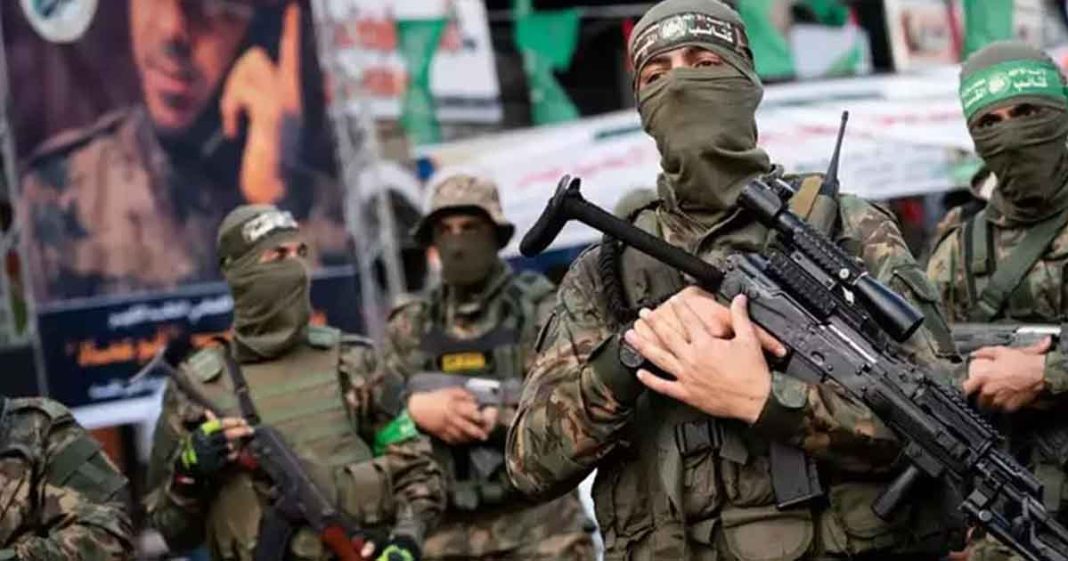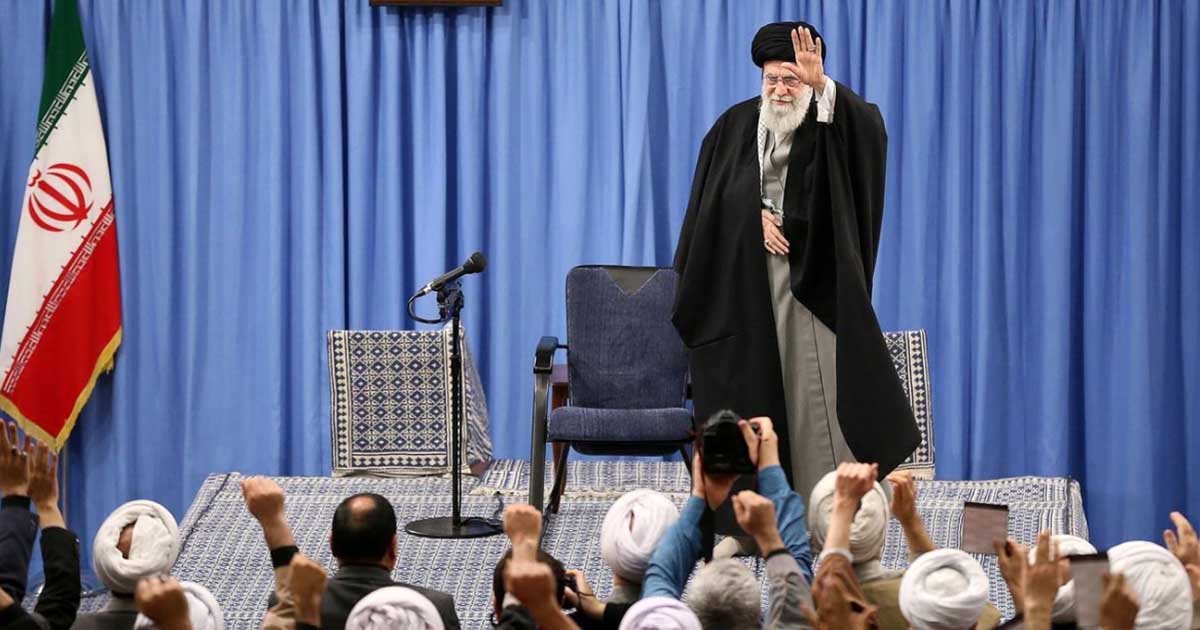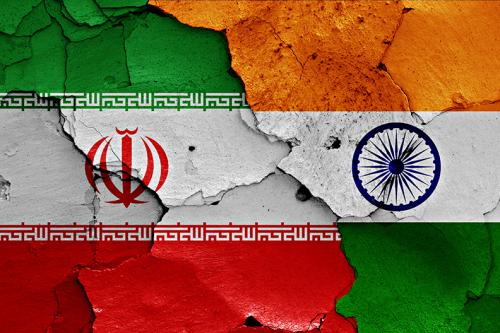Washington rejected Monday an assertion by Hamas that the group had accepted a Gaza ceasefire proposal that reportedly involves the liberation of 10 hostages in two batches and a 70-day truce.
A Hamas source told AFP that the group had “agreed to the new proposal” by US President Donald Trump’s special envoy for the Middle East Steve Witkoff, “which the movement received from mediators.”
Read more: What we know about EU-US trade talks
But reporting by Axios, confirmed to AFP by Witkoff’s spokesman, said the US envoy disputed that the Palestinian militant group had agreed to his proposal.
“White House envoy Steve Witkoff rejects Hamas’ claim that the group has agreed to his proposal for a hostage and ceasefire deal,” Axios reporter Barak Ravid said on X.
He went on to cite the US envoy saying: “What I have seen from Hamas is disappointing and completely unacceptable.”
Asked about the post, Witkoff’s spokesman said: “The Axios tweet is correct.”
The outline of the new potential deal was revealed as Israel ramped up its offensive in the Palestinian territory, and follows previous rounds of talks that have failed to reach a breakthrough ever since a two-month ceasefire fell apart in mid-March.
Read more: Ronaldo says Al-Nassr chapter ‘over’
The Hamas source said the deal included “a 70-day truce in exchange for the release of 10 hostages in two batches, and during the truce, negotiations would begin on a permanent ceasefire with American guarantees.”
Witkoff was involved in the negotiations that led to the last ceasefire deal.
The United States, Egypt and Qatar have all had a hand in mediating the ceasefire talks throughout the war.
The last ceasefire between the sides fell apart amid disagreements over how to move forward, with Israel resuming its operations in Gaza on March 18.
On March 2, Israel imposed a total aid blockade on the territory that it said was aimed at forcing concessions from Hamas, with UN agencies since warning it has created critical shortages of food, clean water, fuel and medicines, amid warnings of looming famine.
Israel partially eased the blockade last week, and aid trucks have begun to trickle back into Gaza, though humanitarian groups have urged it to allow more supplies to enter faster.














